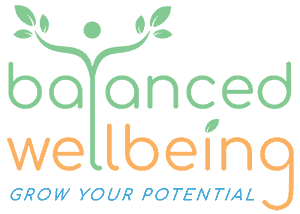Despite the fact that Counselling, Psychology, Psychotherapy and Life-Wellbeing / Strategic Coaching overlap, there are some main differences.
Common elements:
• To help people overcome difficulties or problems.
• To talk things through.
• Discuss possibilities for change.
• Explore different points of view.
• Relationship of trust and confidentiality.
• Facilitate positive change.
• Ethics are important.
Main differences:
• Training, where employed, who they work with, and focus of support.
• Counsellors and Psychologists tend to work with people whose functioning is compromised, whereas Coaches aim to work with well functioning people who need help moving forward.
Counselling
• To process emotional difficulties and feelings.
• Client to feel validated and heard.
• Deal with the here and now.
• Help clients come to terms with the difficulties they are going through.
Psychology
• The same as counselling. Discuss how and why people do what they do and how these patterns emotionally impact the individual.
• Education and therapeutic strategies to help people resolve their emotional problems.
Coaching
• Help people achieve their goals by exploring motivational strategies, obstacles to change, and creating action plans.
• Helping people bridge the gap between where they are and where they want to be.
• Help move people forward.
Psychotherapy
• Long-term therapy. To process emotional difficulties and feelings.
• Client to feel validated and heard.
• Focus is on discussing how the past has impacted personality development and generating insights for change.
Psychiatry
• The medical and pharmacological management of mental health, particularly for severe challenges.

